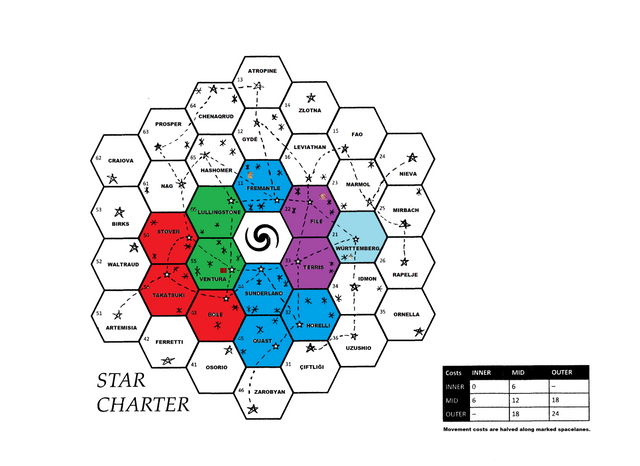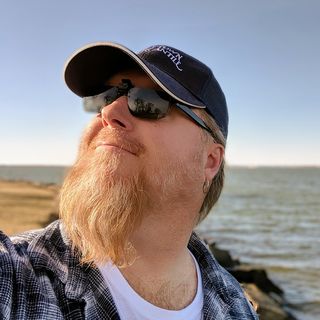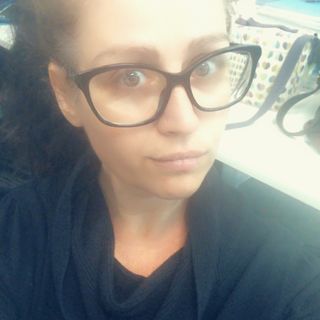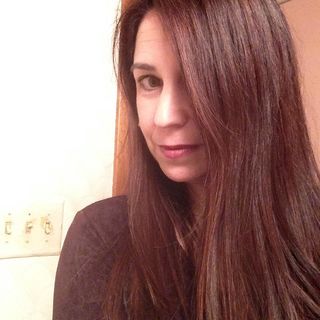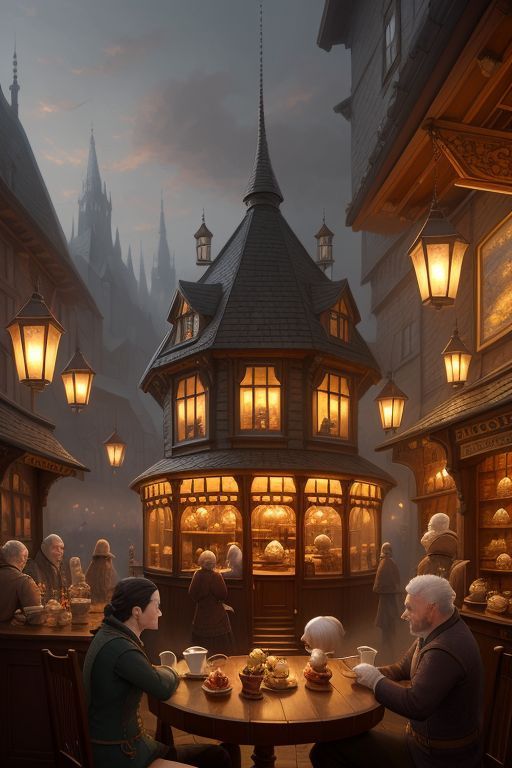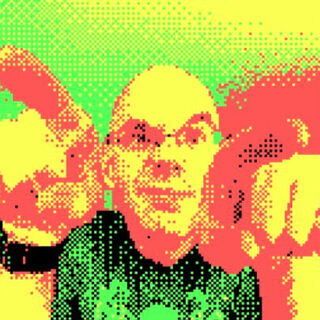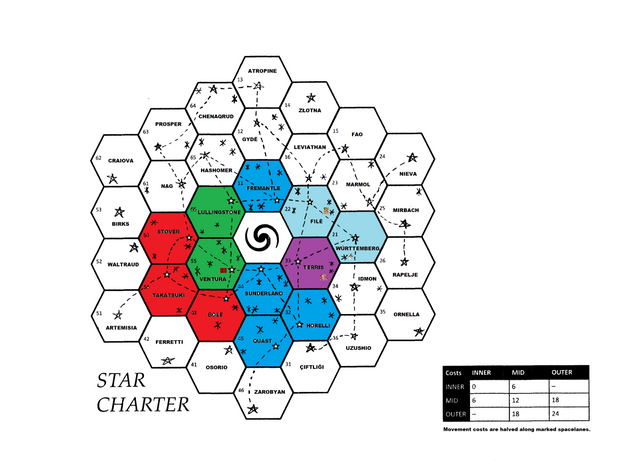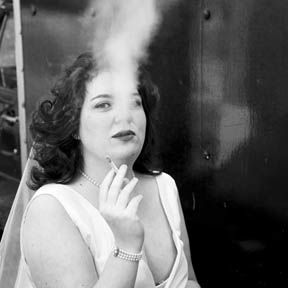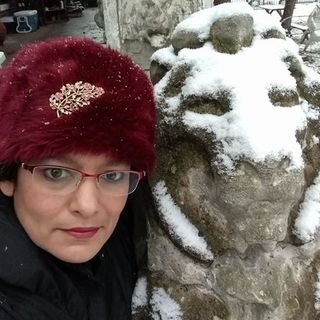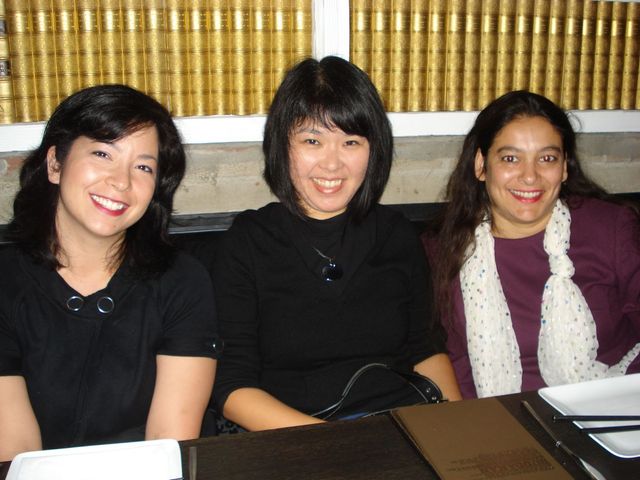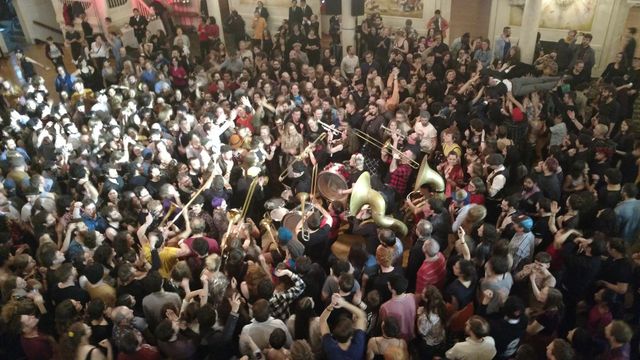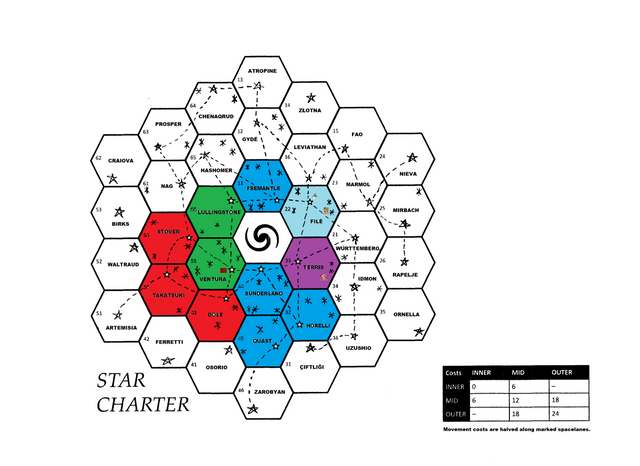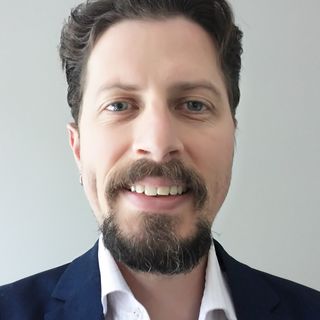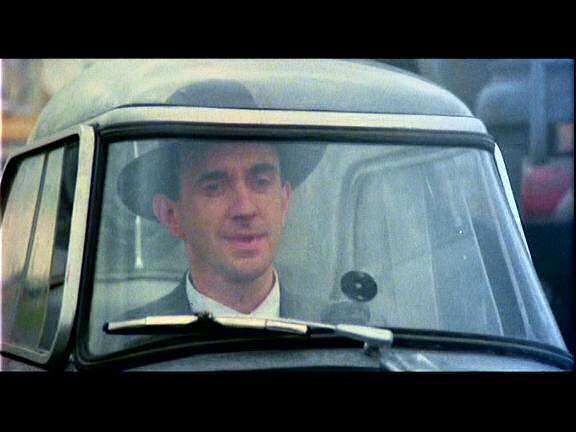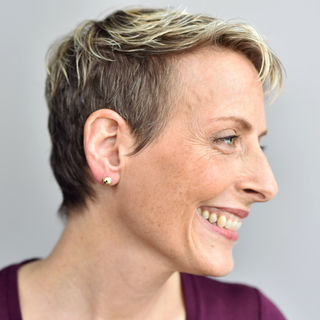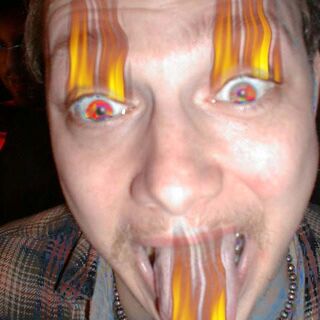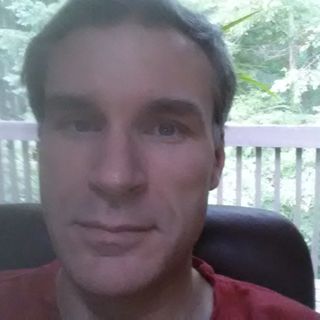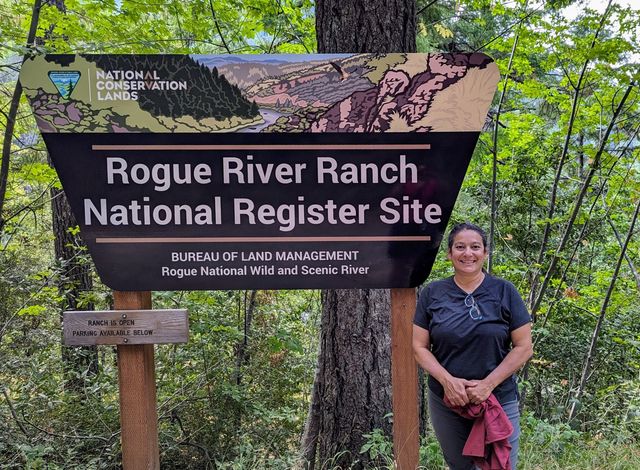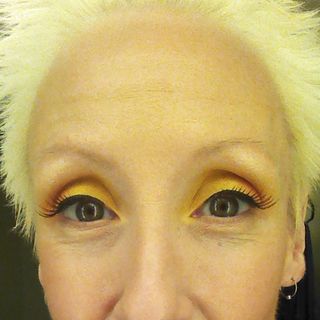For my birthday, I wish for my mother to be alive and well.
Yes, more than I wish to lose 30 lbs or get that proverbial pony.
More than I wish for Mandy Patinkin to sing to me and with me.
If Mom could read that last one, she would be ... well, not surprised, but definitely a little wowed and she'd say something funny about it, which I can't replicate because Mom's humor was on point and not predictable.
From a message to a friend:
Saturday is my first birthday without my mother. And my therapist canceled our Friday appointment. Normally I love my therapist, but I think it is time for a change. We are outgrowing each other, at least for now. She's great with my marriage, but the grief not so much. It comes in waves. The extreme UNRIGHTNESS of a world without my mother in it echoes - it doesn't make sense. It's similiar to how I felt after Bankrupt Apprentice Host won the U. S. Presidency ... like reality as I knew it altered and I was trapped in a funhouse, mirror after distorting mirror, no escape. Except with the political thing, the hits kept on coming, and in a world without Mom, the worst hit already happened.
------------------------------------------------------------------------
And now, politics ...
MSNBC hired former RNC Chair and current election unreliability conspiracist Ronna McD.
What is bad about MSNBC: They hired Ronna McDonald, making all of us Grimace.
What is good about MSNBC: they have not, as far as I know, suppressed any of their talking heads from expressing their own (not the network's) opinions about having her on their air and therefore legitimizing the lies that come out of her face. At least, they didn't gag my girl, Rachel Maddow. Nor did they gag Chuck Todd, and on this issue, gagging Chuck Todd would actually be a bad idea.
Democrats, liberals, leftists ... we don't all speak in one voice. We are bad at lockstep. Often that hurts us - the "big tent" party has too many squabbles under the canvas and we can't win for losing. I hate not winning, especially in regard to Roe vs. Wade, which MOST OF AMERICA WANTS AND YOU KNOW IT, YOU STUPID JUSTICES, FUCK!!!! BUT ... I would hate moving in lockstep even more.
During this election season (and yes, it's March and the election is in November) it's time for that balancing act. It's the same juggle, slice and sort that it has always been, but for some reason it's different every time too.
Different groups, different issues, different prejudices ... different crazy conspiracy theories and now the Web instead of a mimeographed overtyped "mag" to bring them to the world.
When my father was in high-school, he was interested in journalism, but he didn't write for the school newspaper. He and some friends published an "underground" high-school newspaper with the "real news" in it. Connection with above being mimeographing, not conspiracy theories.
My father is one of the coolest humans on earth. Maybe the world "cool" is dated (and in some ways so is my Dad!), but the man who had lunch with the priest who inspired The Exorcist and who met Malcolm X (had a conversation with him) twice, who was programming an ATARI 800 for fun in the early '80s ... the list goes on. My Dad is extremely cool.
Tangent Woman, out!
CORRECTION: Ronna McDonald works for NBC, not MSNBC.
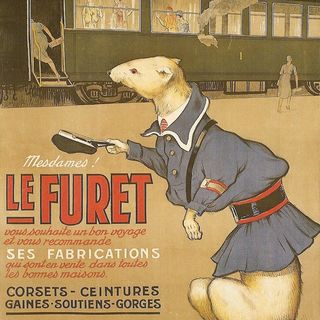 They're free scissors!
4/9 '24
They're free scissors!
4/9 '24
